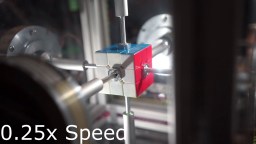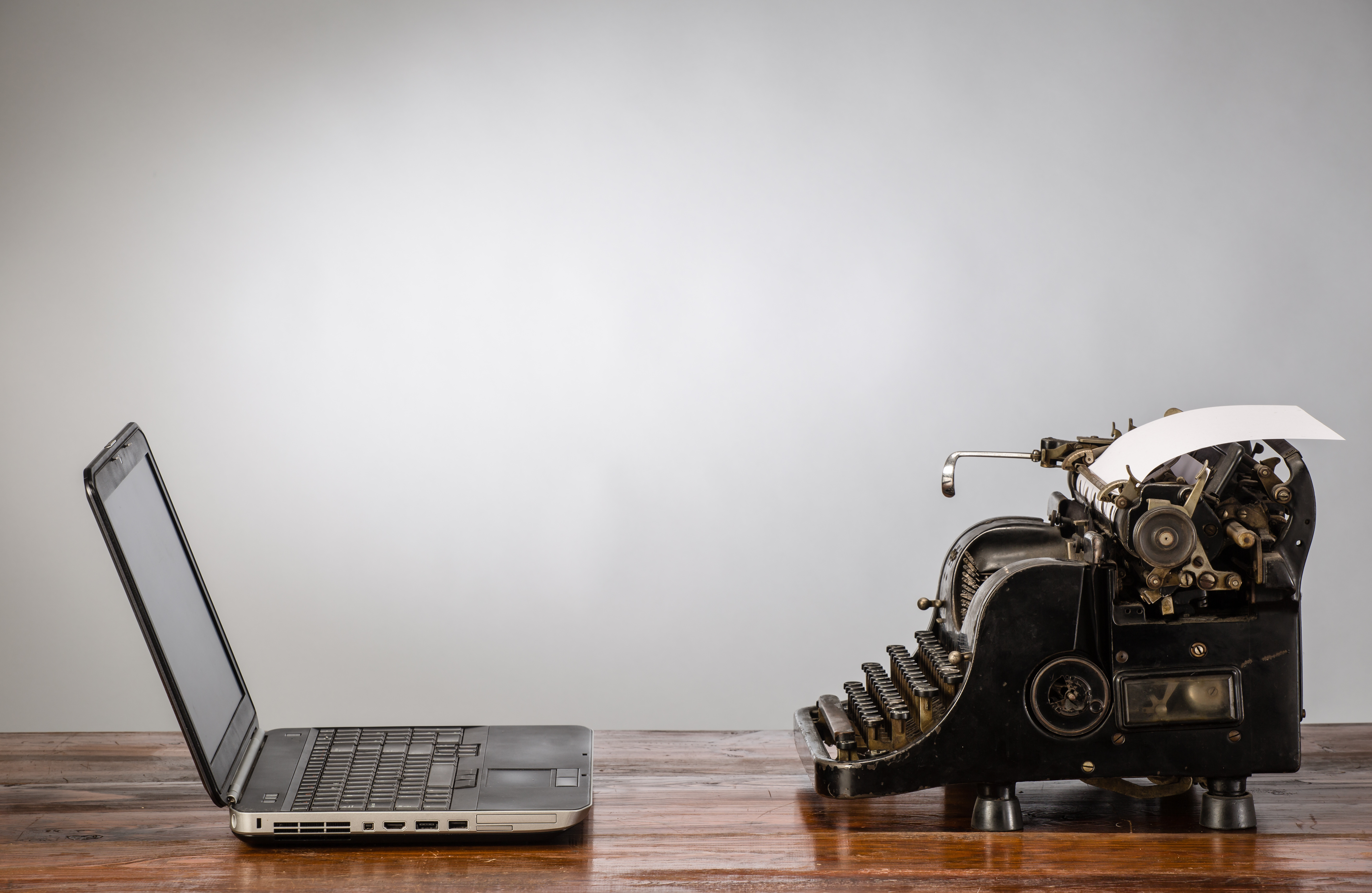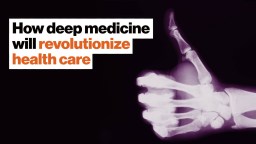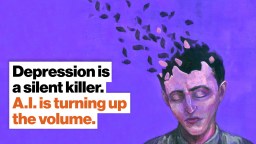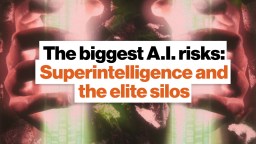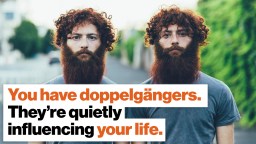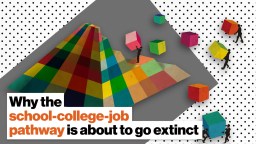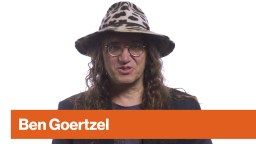ai
President Trump has called for Silicon Valley to develop digital precogs, but such systems raise efficacy concerns.
A new paradigm for machine vision has just been demonstrated.
MIT and Google researchers use deep learning to decipher ancient languages.
If AIs can generate photos of people who don’t exist, what else can they imagine?
The design ethicist did not hold back his concerns when talking to political leaders.
We’re going to have to reckon with our workweek sooner than later.
How do you know you are real? A classic paper by philosopher Nick Bostrom argues you are likely a simulation.
The pizza giant Domino’s partners with a Silicon Valley startup to start delivering pizza by robots.
Almost all experts agree that coding will become nearly as ubiquitous as literacy in the future. But the nature of coding in the future may be very different.
This MIT robot solves it faster than any human ever could. It’s a world record.
▸
with
The world’s always been changing, but it feels like it’s never changed so quickly as it does now. What life skills will that render obsolete?
IT has been one of the fastest growing and most lucrative industries for a long time. But is that going to be true in the future?
Our clever human hands may soon be outdone.
The new system could soon greatly improve foreign-language interactions.
Researchers advance machine learning to create videos of people from single stills and paintings.
Giving A.I. a role in health care can help both doctors and patients.
▸
5 min
—
with
Artificial intelligence is a sophisticated tool in the fight against despression.
▸
3 min
—
with
A new study highlights a fascinating application of AI, though other uses are more troubling.
Discover the peril and potential of an automated robotic world.
Even if the company call pull it off, are Americans ready to trust fully autonomous cars?
“Think R2D2,” Walmart wrote in a press release. Others are thinking “layoffs.”
The Human Diagnosis Project project is building the world’s “open medical intelligence” system.
Human value is tied to the job market. Will automation be a full-on crisis?
▸
4 min
—
with
When it comes to raising superintelligent A.I., kindness may be our best bet.
▸
6 min
—
with
Companies refer to like-minded strangers when recommending products to you.
▸
3 min
—
with
Here’s how “human work” will supplant the traditional idea of jobs.
▸
4 min
—
with
Advances in satellite imagery are shining a light.
The plan to stop megacorps from owning superintelligence is already underway.
▸
4 min
—
with











